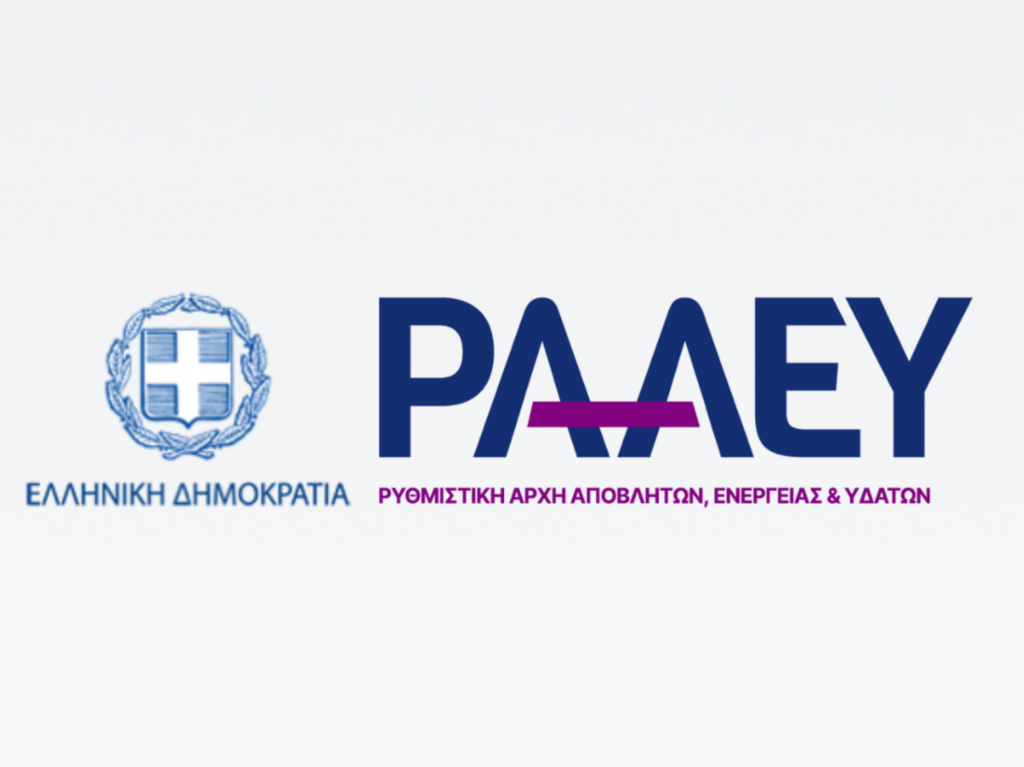According to the definition in Law 4001/2011, the Hellenic Electricity Transmission System, owned by ADMIE S.A., consists of: a) high voltage lines, b) international interconnections, as well as c) all the facilities and equipment required for the smooth, safe and uninterrupted flow of electricity under high (mainly 150 kV) and ultra-high (mainly 400 kV) voltage from generating stations to transmission substations, between transmission substations and to or from any international interconnection of the country. The Transmission System also includes the interconnection projects of the Non-Interconnected Islands with it (undersea HVAC or HVDC interconnections). Power generation facilities, high voltage lines and facilities integrated into the Distribution Network, as well as the high voltage networks of the Non-Interconnected Islands, which are legally integrated into the Distribution Network, are not included.
According to the definition in Law 4001/2011, the Hellenic Electricity Distribution Network, is the electricity distribution network of PPC S.A., which consists of medium and low voltage lines and electricity distribution facilities, as well as high voltage lines and facilities that have been integrated into this network. The networks included in the Distribution Network, except for the networks of the Non-Interconnected Islands, are connected to the Transmission System through high voltage to medium voltage (HV/MT) substations. The development of both the Transmission System and the Distribution Network is planned on an annual basis by the relevant Operators (ADMIE S.A. and DEDDIE S.A.). The basic tool for the development of the System is the Ten-Year Development Program of the Transmission System, while the Network Development Plan, with a five-year time horizon, is the tool for the development of the Distribution Network.
RAE monitors and evaluates the implementation of the above Development Programs. It also monitors the time required by Transmission System and Distribution Network Operators to make user connections, carry out repairs and provide services to users of their Systems and Networks. It may also determine deadlines regarding the above, as well as penal clauses, in favor of users in case of non-compliance with the deadlines.
With regard to the non-competitive activities of the energy sector, RAE has as its basic legal competence the implementation of regulatory measures, so as to ensure the realization of the necessary investments in the Networks, in order to promote in a cost-effective way the supply of energy products and services, the general development of the domestic energy market and the security of energy supply, the protection of the interests of end consumers, especially in relation to prices and the transparency of tariffs, so that they are not excessively affected by the levels of related charges imposed on them.



